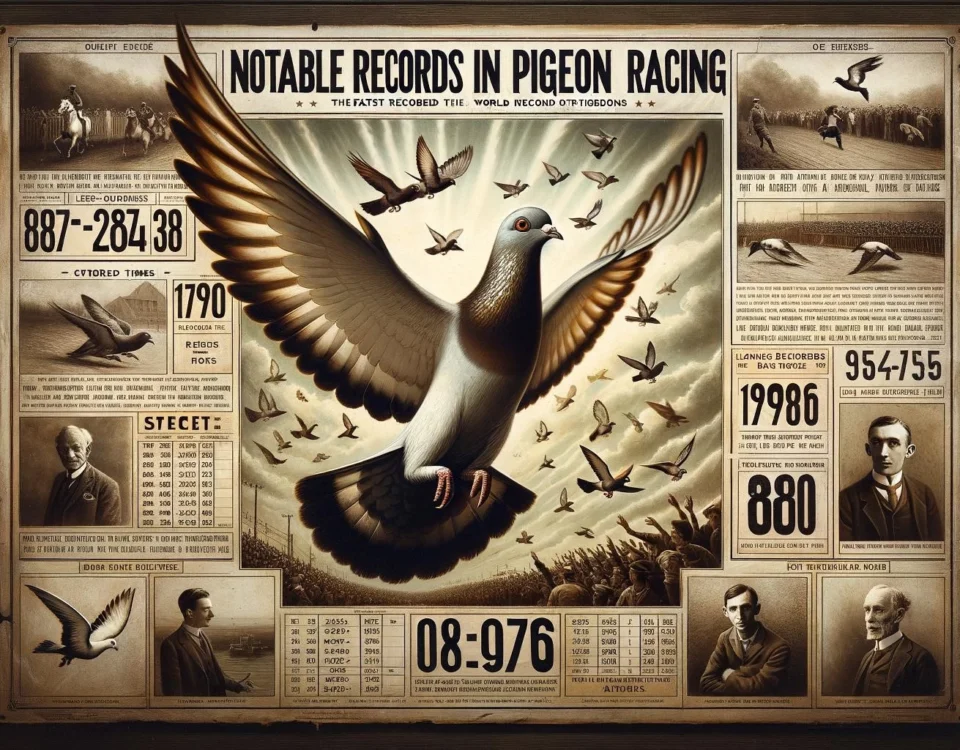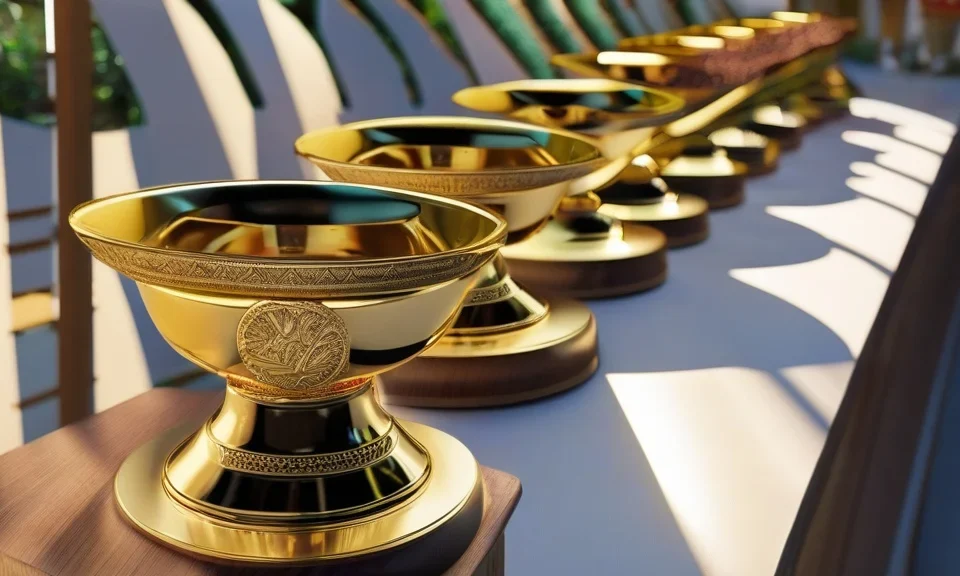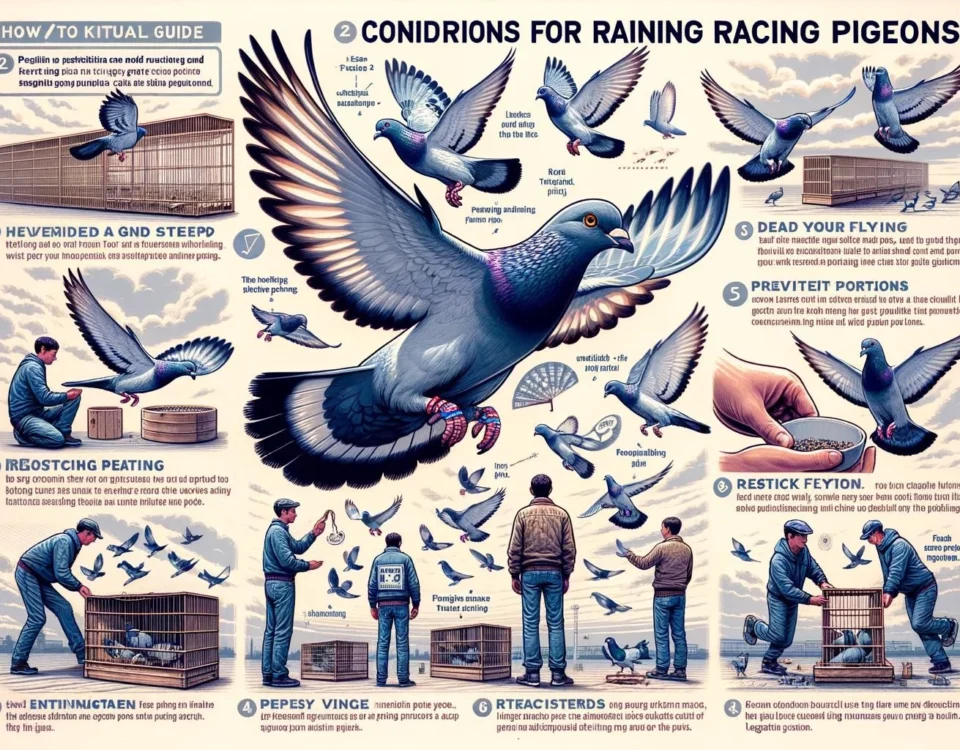Pigeon racing is a fascinating sport that has gained popularity worldwide. It involves the release of specially trained homing pigeons, which then race back to their home lofts over a measured distance. The speed at which these birds return is calculated, and the fastest pigeon is declared the winner.
Key Takeaways
- Pigeon racing is a sport where specially trained homing pigeons are released to race back to their home lofts over a measured distance.
- The sport originated in Belgium in the early 1800s and has gained popularity in countries like Great Britain, the United States, and France.
- The Fédération Colombophile Internationale is the world governing body for pigeon racing.
- Pigeon racing provides a social and competitive environment for families and combines animal husbandry with the desire for competition.
- Champion racing pigeons can be highly valuable, with some auctions reaching record-breaking prices.
History of Pigeon Racing
Pigeon racing as a sport began in Belgium in the early 1800s and quickly gained popularity in other countries. The establishment of the Fédération Colombophile Internationale as the world governing body for pigeon racing further solidified the sport’s presence on a global scale.
Over the years, pigeon racing has evolved as a beloved sport enjoyed by millions of people worldwide. It combines the principles of animal husbandry with the natural desire for competition, creating a unique and engaging experience for participants and spectators.
Modern Pigeon Racing
Today, pigeon racing is a sport that brings together people of all ages and backgrounds in a highly social environment. It provides an opportunity for families to bond and share their love for these remarkable birds.
During times of conflict, pigeons have even played an important role in serving as message carriers. In World War II, thousands of British pigeon fanciers volunteered their pigeons to aid the war effort, highlighting the deep connection between pigeons and humans.
Furthermore, pigeon racing has not only remained popular in its countries of origin but has also spread to other regions across the globe. In countries like Australia, thousands of pigeon fanciers compete annually in races of varying distances, showcasing the widespread appeal of the sport.
Value of Champion Racing Pigeons
Champion racing pigeons are highly valued in the pigeon racing community, with some reaching record-breaking prices in auctions. Owning a pigeon that can win important races and make significant earnings has drawn fans from all corners of the globe.
For example, New Kim, a racing pigeon, was sold for a staggering 1.9 million dollars at an auction in 2020, setting a new record for the bird’s worth. This extraordinary price demonstrates the passion and dedication that exists among pigeon racers.
In addition to the monetary value, racing pigeons are also recognized for their exceptional breeding and lineage. Bloodlines from Belgian and Dutch racing pigeons are particularly renowned in international races, further contributing to the sport’s competitiveness and allure.
In conclusion, pigeon racing is a beloved sport enjoyed by millions of people around the world. It has a rich history, with origins dating back to the early 1800s in Belgium. Over the years, the sport has spread to various countries and has become a social, competitive, and highly valuable endeavor. The connection between humans and pigeons remains strong, making pigeon racing a fascinating and enduring sport.









